SDSN USA’s Zero Hunger Working Group brought together a cross-disciplinary group of experts on hunger and nutrition on Monday, March 29 for the Zero Hunger Pathways Project Dialogue 1: Improving Health and Nutrition Outcomes through SNAP. This dialogue was the first in a series of conversations focusing on barriers and opportunities to achieve Zero Hunger in the United States, in line with the United Nations Sustainable Development Goals. This project seeks to find solutions to hunger in the U.S. that are healthy, equitable, and sustainable, and through this open discussion with experts and stakeholders, a list of recommendations for SNAP improvements was discussed in detail, with new sources to consider and refinements proposed. Moving forward, the group plans to engage with federal policymakers and practitioners while the issue of hunger is at the forefront of the COVID-recovery planning process.
The Path Forward for SDGs in the US: Key Takeaways from the SDSN USA 2021 Network Meeting
The United States Chapter of Sustainable Development Solutions Network, SDSN USA, held its annual Network Meeting on February 18-19, 2021. Throughout the two-day event, network members, partner organizations, and potential members convened virtually to receive updates on SDSN and SDSN USA initiatives, and to collaborate on solutions to the sustainable development challenges facing the US in the years ahead.
ZCAP Spotlight Blog: How Do We Integrate Equity into Planning for a Cleaner and Greener Future?
America's Zero Carbon Action Plan (ZCAP) Launched
The Sustainable Development Solutions Network USA (SDSN USA), has released America's Zero-Carbon Action Plan (ZCAP), a comprehensive policy framework that presents a strategic plan to create a carbon-neutral economy for the United States by 2050. In addition to an overall framework, the Plan offers detailed chapters on the solutions for reducing emissions in power generation; transportation; industry; buildings; food and land-use; and materials. The Plan focuses largely on the required decarbonization of the energy sector but also includes specific strategies for land use and the materials sector as well as suggestions for addressing other powerful greenhouse gases (GHG) including methane.
Never More Urgent: A Preliminary Review of How the U.S. is Leaving Black, Hispanic, and Indigenous Communities Behind
SDSN USA is pleased to share our newest project in conjunction with the National Center for Faith Based Initiatives and Howard University: Never More Urgent: A Preliminary Review of How the U.S. is Leaving Black, Hispanic and Indigenous Communities Behind. This report examines how well the United States, and US states in particular, serve communities of color by using the United Nations’ Sustainable Development Goals (SDGs) as a tool for evaluating performance. In doing so we affirm the potential of these communities as a driver for sustainable development, through the specific contributions that they can make throughout society.
Welcoming Dr. Helen Bond as New SDSN USA Co-Chair!
US Zero Carbon Action Plan (ZCAP) Update
Since the Intergovernmental Panel on Climate Change (IPCC) released their Special Report on the impacts of global warming in 2018, SDSN has been working on actionable national strategies for a just transition to achieve net zero emissions by 2050. Building on the results from the SDSN’s US Deep Decarbonization Pathways Project, the SDSN USA network is currently designing a US Zero Carbon Action Plan (DDAP) to provide the federal government with policy recommendations to transition infrastructure throughout the country and make the United States a global leader on clean energy technology development and implementation.
Zero Hunger Working Group Presents Project Proposal
Spatial Planning for Low-Carbon Transitions
SDSN USA Participates in SDSN's Global 24h Webinar on Happiness and Sustainability
On April 22, 2020 SDSN Hosted a 24h Global Webinar on Happiness and Sustainability around the Earth. This post summarizes SDSN USA’s closing session of the event, featuring Robert F. Kennedy Human Rights President Kerry Kennedy, SDSN President Jeffrey Sachs, University of Louisville President Neeli Bendapudi, Yale University President Peter Salovey, SUNY Chancellor Kristina Johnson, and Howard University President Wayne Frederick.








